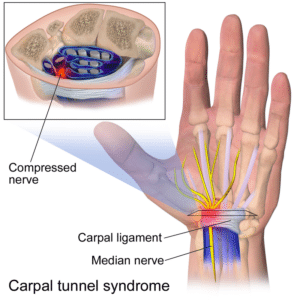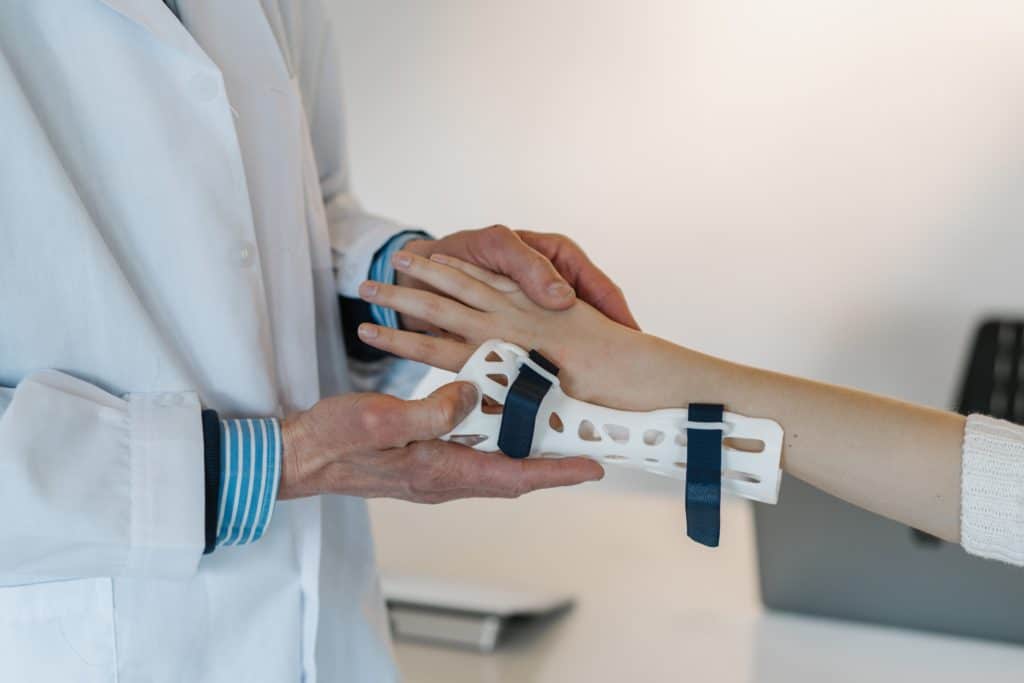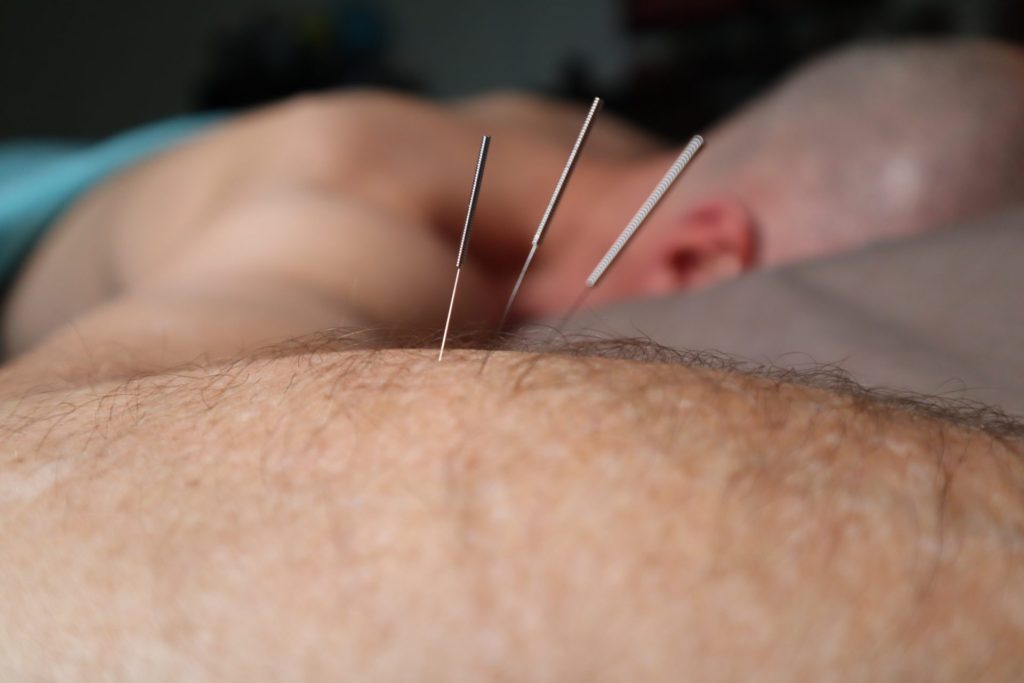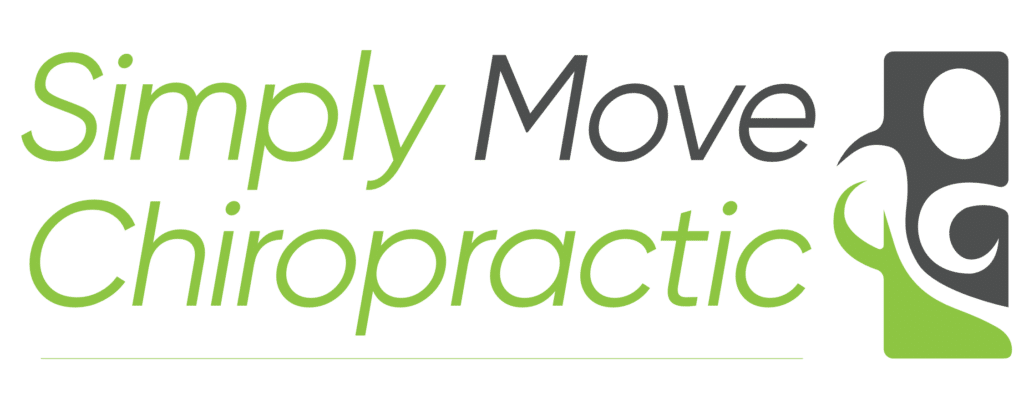CARPAL TUNNEL TREATMENT IN CHARLOTTE NC
Carpal Tunnel Anatomy Overview
Carpal tunnel syndrome (CTS) is a medical condition caused by the compression or pinching of the median nerve. This nerve runs from the forearm through a narrow passage between multiple bones in the hand (the carpal tunnel).
The nerve supplies sensation and motor function for the thumb, index finger, middle finger, and half of the ring finger. When this nerve is compressed in CTS, it can cause pain, tingling, and numbness in the fingers listed above.

Causes of Carpal Tunnel Syndrome
Carpal tunnel syndrome (CTS) is a medical condition caused by the compression or pinching of the median nerve. This nerve runs from the forearm through a narrow passage between multiple bones in the hand (the carpal tunnel).
The nerve supplies sensation and motor function for the thumb, index finger, middle finger, and half of the ring finger. When this nerve is compressed in CTS, it can cause pain, tingling, and numbness in the fingers listed above.
Symptoms of CTS
- Pain, tingling, or numbness in the thumb, index finger, middle finger
- Pain or a dull ache in the wrist and forearm
- Weakness in the hand or fingers
- Difficulty gripping objects or dropping them
- Reduced coordination and sensitivity in the affected hand
Pain associated with CTS is typically worse at night and in the morning. In severe cases, the pain may be constant and may extend up the arm. If left untreated, carpal tunnel syndrome can cause a loss of grip strength and even atrophy or loss of thumb muscle.
Diagnosing Carpal Tunnel Syndrome
Carpal tunnel syndrome is generally diagnosed through patient history and general orthopedic exams. Your doctor may examine your wrist, hand, and fingers for signs of swelling, tenderness, or deformity. They may also test your hand grip strength and your ability to bend and straighten your wrist and fingers.
Currently, the most widely accepted and used diagnosing tool is the nerve conduction test called the Combined Sensory Index. During this test, electrodes are placed on your hand and wrist to measure the speed and strength of nerve impulses. X-ray, MRI, and ultrasound are not normally effective in diagnosing carpal tunnel, but high-resolution ultrasound is starting to look more promising.
Options for Treating Carpal Tunnel
Alter Activities of Daily Living
Altering the suspected activity that may have caused CTS is the first step. If the symptoms of CTS are mild, simply changing how you use your hands or taking frequent breaks may be enough to relieve the pain and prevent further damage.
Using flatter keyboards can help prevent long-term wrist extension that is often associated with CTS. Ergonomic keyboards, wrist pads, and other wrist supports can also help reduce the stress on your hands and wrists.


Splints
A splint may be recommended by your doctor to help immobilize the affected wrist and hand. Wearing a splint at night can help prevent you from sleeping with your wrist bent, which can exacerbate CTS symptoms. During the day, a splint can help support your wrist and reduce the amount of pressure on the median nerve.
Chiropractic Care
Chiropractors can help with carpal tunnel syndrome by using a combination of manual therapies, including adjustments, Active Release Technique (ART), and exercise rehabilitation. I specialize in helping determine lifestyle modifications and ergonomic adjustments to help reduce the pressure on the median nerve in the wrist.
By addressing the underlying issues causing carpal tunnel syndrome, chiropractors, like myself, can provide natural and effective relief from symptoms and help prevent the need for more invasive treatments like surgery.
Dry Needle Therapy
This technique involves the insertion of thin, sterile needles into specific areas of the body, known as trigger points or tight muscle bands, without injecting any substance. For carpal tunnel syndrome, dry needling can be targeted at muscles in the forearm and wrist that may be contributing to the compression of the median nerve, which is the underlying cause of CTS symptoms.


NSAIDs
Nonsteroidal anti-inflammatory drugs (NSAIDs), such as ibuprofen, can help reduce pain and inflammation associated with carpal tunnel syndrome. NSAIDs are available over-the-counter or by prescription, depending on the strength and dosage.
Corticosteroid Injections
Corticosteroid injections are a non-surgical treatment option for carpal tunnel syndrome. They involve the injection of a corticosteroids into the carpal tunnel to reduce inflammation and relieve pressure on the median nerve. This treatment can provide temporary relief.
However, it is important to note that corticosteroid injections are not a long-term solution and may need to be repeated.


Surgery
There are two types of surgical approaches to carpal tunnel surgery. Open carpal tunnel release and endoscopic carpal tunnel release. Open carpal tunnel release allows the surgeon to see the entire area clearly, but it requires a larger incision, has a longer recovery time, and is associated with more postoperative pain. The endoscopic carpal tunnel release requires a smaller incision, has a shorter recovery time, and is associated with less postoperative pain, but it may not be suitable for all patients and can have a higher risk of complications.
Conclusion
In conclusion, if you are experiencing symptoms of carpal tunnel syndrome, don’t hesitate to seek help. There are various treatment options for carpel tunnel in Charlotte, NC available, and early intervention can improve the outcome. Working with a healthcare professional to determine the best course of treatment for your individual needs can help alleviate symptoms and improve your quality of life. And remember, taking preventative measures can help reduce the risk of developing carpal tunnel syndrome in the first place.


